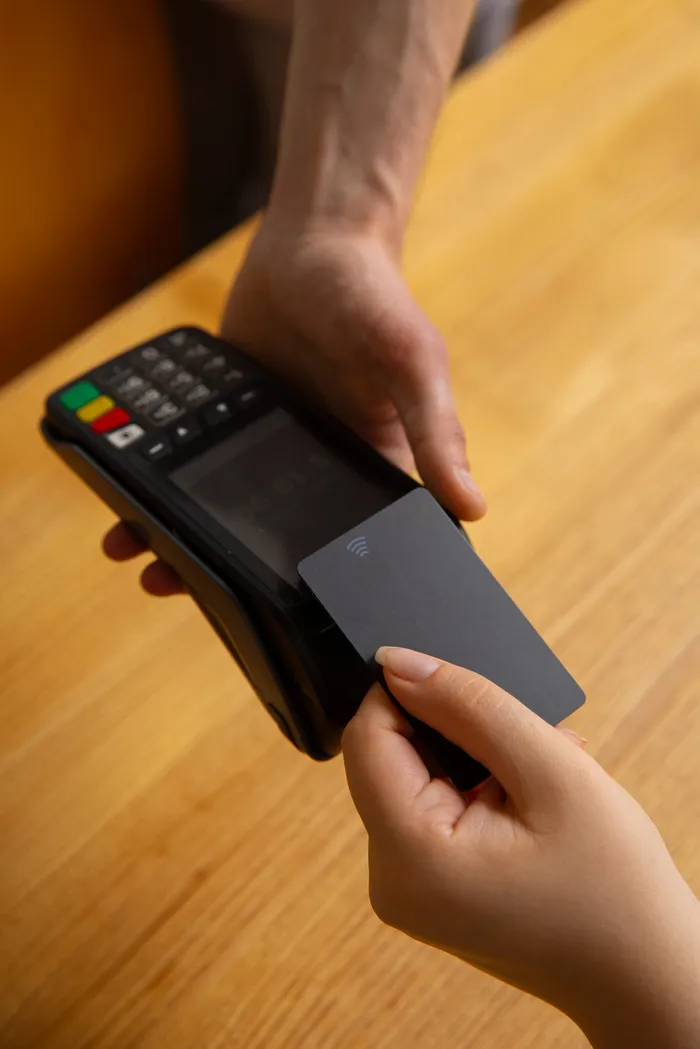The psychology of paying and how to use it this Black Friday

Black Friday shopping isn't just about what you buy, but how you pay. Discover the psychological tricks behind different payment methods and learn five practical strategies to stay in control of your spending this shopping season. PayJustNow's COO explains how understanding 'mental accounting' can help South Africans make smarter financial decisions without missing out on deals
Image: Freepik
South Africans don’t just decide what to buy; they also choose how to pay, and that choice can directly influence their spending this Black Friday. By understanding the psychology behind purchasing and payment decisions, consumers can make smarter choices and stay in control.
There’s a well-researched theory within behavioural economics that explains consumer spending habits and payment choices. “Being aware of your behavioural biases is key to making responsible purchasing decisions,” he explains.
Behavioural economics calls the theory “mental accounting.” We sort money into “buckets” based on where it comes from, what it’s for, and when it’s meant to be used. Even though all money is the same, our brains make it feel different depending on the bucket. For example, salary may go to essentials, while a bonus or commission feels easier to spend.
The way you pay changes spending:
Traditional credit:
The theory explains that credit cards dissociate the pain of paying from the moment of purchase, which is why people spend more on a card than with cash. The bill arrives later, and one extra interest charge feels small next to the total.
People treat credit cards and revolving credit like “extra” money they can dip into for impulse buys because repayment is pushed into the future, without any finite timelines.
Mental accounting tricks the brain into treating it like ‘found’ money in the moment.
Buy Now Pay Later:
Similarly, Buy Now Pay Later (BNPL) spreads the cost of a purchase into smaller, interest-free chunks, which makes purchases feel more affordable. But by contrast, this model fixes the total and the repayment timeline upfront. Psychologically, that creates a predictable obligation that puts you in control and keeps you disciplined.
But BNPL should not be confused with indulgence. In practice, consumers use BNPL to solve timing gaps, or the “liquidity constraints” recognised in behavioural economics, rather than to buy beyond their means. That is consistent with PayJustNow usage, with less than 10% of the company’s total transactions attracting late fees.
Store or retail credit:
Consumers treat retail credit as a separate bucket of money because they are often tied to specific clothing or grocery stores. But high interest and rigid terms can limit control. You should only use retail credit for planned, essential purchases, like replacing your fridge or washing machine, or budgeting 6 months to a year’s worth of school gear. Choose retail credit with a finite repayment term.
Five ways to use the psychology of paying this Black Friday
Rethink your buckets: Assign payment methods to different spending categories. For example, you might use your debit card for essentials like groceries, a BNPL option for discretionary spending, like seasonal purchases or deals that could otherwise strain your cash flow, and extra income like commission or bonuses for savings. This way, you avoid dipping into your essentials budget for Friday night takeouts or splurging on “found” money that could otherwise serve an important future function.
Check totals, not just instalments: Be aware of the total cost and be confident that it’s within your affordability.
Avoid compounding of debt: Always pay off credit cards by their due dates, and limit yourself to using only one BNPL provider at a time.
Make payments visible: Use alerts or app trackers to keep commitments top-of-mind.
Pause before you click: Where Black Friday deals last longer than a day, a 24-hour cool-off can curb impulse buys.
Conscious consumption isn’t about saying “no,” but about choosing payment methods that protect your future budget. When you match the payment method to the purpose, you make better decisions. By understanding mental accounting and using transparent, fixed instalments, you can spend wisely and remain in control this Black Friday.
PERSONAL FINANCE